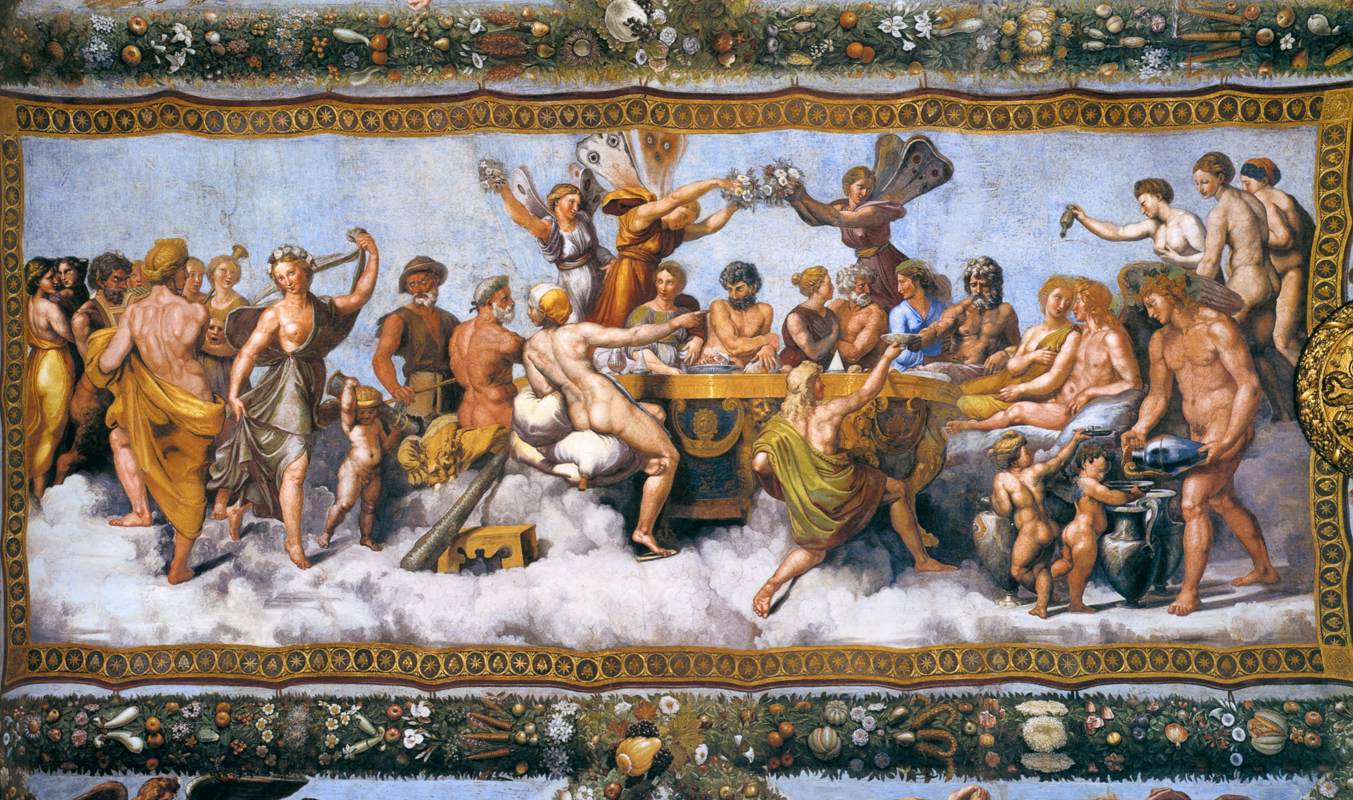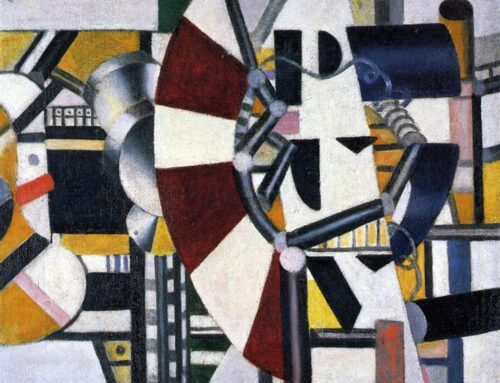Cooperation, culture, and the psyche: a conversation between a psychoanalyst and cognitive psychologist about our neuro- and social evolution:
Benedetto Farina: … Many studies demonstrate that the promotion of an atmosphere of cooperation favors … the capacity to test empathy, to be in tune with the thoughts of others, to understand the mental functioning of oneself and others….
Vittorio Lingiardi: That is what is called in psychology “to mentalize,” a function that begins in one’s early years and remains for the rest of one’s life…. Its complexity consists in being able to “keep in mind” our mental states and those of others. Sophisticated techniques of simultaneous recording of two individuals who interact show that the electrical activity of their brains, in the areas evolutionarily most recent like the frontal cortex, synchronizes when they are completing coordinated and cooperative activities.
Farina: Many fields of study indicate that the exceptional enlargement of the brain and the development of cognitive and cultural functions that humanity can undertake are the result of an evolutionary trajectory completed in relationships and cooperation. The motivational drive to cooperate has required the development of increasingly sophisticated cognitive abilities such as language, empathy, and sharing of goals and decisions, and teaching.
Lingiardi: And therefore of the cerebral structures to sustain them…. In fact [Giovanni] Liotti [an eminent cognitive psychologist] teaches us not to lose sight of the evolutionary and hierarchical tripartite structure of our brains and our motivational systems. The oldest level oversees non-social behaviors tied to the regulation of physiological functions, to the defense against threats, to the control over territory, etc…. The second level corresponds to the activity of neural networks that define behaviors of dependency, child-rearing, requesting and offering care, etc. The third level, the prerogative of the human species, resides in the neo-cortex and regards the cognitive dimensions of intersubjectivity and construction of meaning. It regulates the older levels and is influenced by the culture of social identity.
Farina: And it is precisely here that our equal cooperative system resides. The drive to cooperate not only has promoted our empathetic and intellectual abilities, but has also fostered the development of culture. The advantage of sharing that which is understood within individual experience is at the basis of cultural abilities that characterize our species.
Lingiardi: Perhaps the most “miraculous” aspect of evolution is exactly the ability to induce cooperation in a competitive world, to the degree that we could assert that, along with mutation and natural selection, cooperation should be added as a third fundamental principle of evolution.
[la Repubblica, September 12, 2018, p. 35]






Excellent dialogue! Is there any way to quantitatively assess the relative proportion of focus our current culture places on competition vs cooperation?